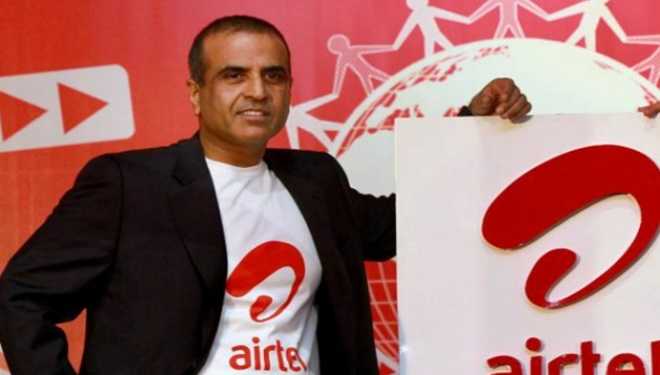Telecom tycoon Sunil Mittal has praised PM Modi for establishing a rule-based system in India in an interview with Times of India. Sunil Mittal is chairman of Bharti Airtel Limited, which is the largest mobile network operator in India and the third largest in the world with over 429 million subscribers. He is also chairman of International Chamber of Commerce (ICC) which is the largest, most representative business organization in the world. The praise from Sunil Mittal comes despite the fact that he was not happy with rules and regulations which allowed ‘predatory pricing’ by Reliance Jio. Airtel was bitter about the Telecom Regulatory Authority of India’s new regulations on predatory pricing, which they say favor Reliance Jio Infocomm, the new entrant in the market. This is the toughest time for Airtel in the market as the entry of Jio changed the landscape of the telecom market completely. It forced companies like Airtel and Vodafone to bring the tariff rates lower. Within less than two years of the launch of its new scheme, it acquired 16-17 percent of the markets.
Despite all odds faced by Airtel since last two years on the question of whether PM Modi is no longer pro-business as he used to be as CM of Gujarat, Sunil Mittal said “the confusion is pro-businessman or pro-business. I don’t think PM Modi has moved away from being pro-business. But perhaps the accessibility to a chief minister is always greater than accessibility to a PM. Today, when people say he is less friendly to business, I think what they are trying to say is that he is less friendly to the businessman and to that extent I think he is doing the right thing. He is trying to grow the economy, grows markets, put rules and regulations. In fact, a rule-based economy is much better than a discretionary kind of economy.”
Some of the industrialists like the chairman of Videocon group Venugopal Dhoot whose company is facing insolvency proceedings accused PM Modi for the losses of the company. These were the businessmen who were used to ‘crony capitalism’ of the UPA era, where an industrialist used to get licenses if they were close to the party or some minister. The money of taxpayers was being wasted by the people like Vijay Mallya and Nirav Modi on their luxurious lifestyle. The Insolvency and bankruptcy law brought by Modi government to solve the NPA crisis did not down well with some industrialists who did not like to play by the rules.
On the question of some industrialists not being happy with IBC because they lost their family businesses, Sunil Mittal said “in any big change this is bound to happen. India is readjusting itself for a new world order. Bankruptcy norms are there everywhere. It’s very clear now that you can lose your company, something which was unthinkable earlier.” The support by industrialists who want a rule-based system rather than a crony capitalist model shows the necessity of laws like IBC which will punish the bankrupt companies by throwing them out of business. On the global investor’s view of India, Mittal said “India remains a good spot for investment and everybody wants to invest. Ultimately companies need growth and you get the growth from India. People do sometimes feel that India can do its things faster with the ease of doing business. Good news is our prime minister and the government is focused on that.”
Praise by legends of the industry even at a time when some decisions by the Modi government have been harmful to them in short run shows the credibility of the government among businessmen who want a rule-based system. The positive mood of global investors and faith of businesspeople in a law like Insolvency and Bankruptcy code indicates that the Modi government is moving in the right direction.




















